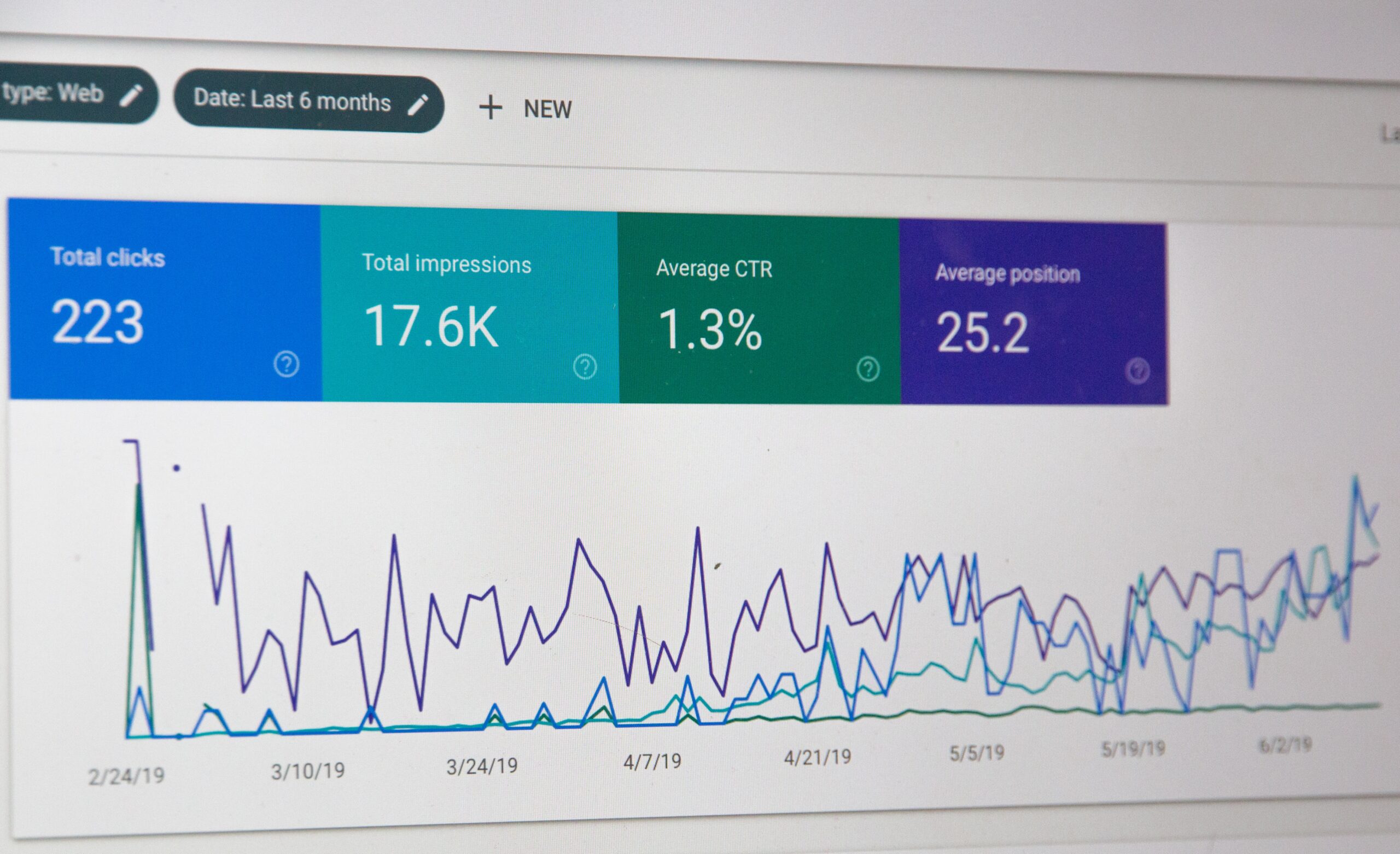When it comes to creating content for your website, there is an endless amount of suggestions out there on do’s and don'ts. It’s crucial to craft naturally engaging and helpful content for your audience while applying best-practice, technical SEO techniques. In fact, Google itself says it would much rather you create content that’s aimed at your audience’s needs than create content with the primary goal of ranking in search (your audience will prefer this too!).
What is the helpful content system?
Google Search’s helpful content system is an automated ranking system ensuring that users are shown the most original and helpful content in response to their queries. Their system identifies content that is deemed “unhelpful” or offers an unsatisfying experience for the user. Sites with a large amount of “unhelpful content” will perform poorly in search results. This signal is one of the many that Google evaluates to rank content.
It’s important to note that the helpful content system is not new. It’s built on guidance from Google dating back all the way to 2011, before what is considered modern-day SEO.
If you’re creating the right content, qualified traffic will be a natural result and you don’t have to worry too much about the system or its updates. It’s important to self-assess the content already on your site as well and consider removing anything (including third-party content) that may be hurting your value.
This post aims to help you create authoritative, helpful content from the start and find ways to naturally rank in Google Search.
Producing audience-first content
When you sit down to craft content, attracting organic traffic should be the byproduct, not the main focus. Instead of writing content with the sole purpose of increasing search engine rankings, prioritize understanding your audience and their needs.
Ask yourself:
What is the intent behind a customer’s search query?
How do I provide a piece of content that efficiently provides a solution to that query?
Produce best-in-class content on topics that pertain to your products and your expertise as this will naturally attract potential customers. Awareness is the first step in acquisition.
Google regularly employs four factors in the page rank algorithm (among hundreds of other inputs) to evaluate the quality of search results: Experience, Expertise, Authority, and Trust). If you’re concerned about SEO, then you’re most likely aware of the importance of E-E-A-T.
If you’re creating content you think is increasing your inbound organic traffic but is not satisfying these guidelines, you’re really just hurting yourself.

Producing content on a variety of topics or trends that have nothing to do with your product may alienate your audience and destroy trust. While it’s okay to provide supplementary details beyond your core product in order to provide a site visitor with all the information necessary, writing content that has nothing to do with your product or service is counterproductive.
Avoid producing content solely for its potential to perform well in search.
A great example of what you should be doing is our client Explore Worldwide’s article on Walking the Camino de Santiago: How to Plan your Trip. Explore is a leading global tour operator with hundreds of trips all over the world.
This article provides insight into how to plan a trip to walk the Camino, regardless of whether it is booked with Explore or not. This offers value to the consumer and demonstrates Explore’s E-E-A-T capabilities.
As you can expect, this page ranked incredibly well in return and overall, ranks for 1,300 keywords.

Don’t be a copycat
If your desired topic is already saturated with existing content, avoid rehashing the same information. This is just throwing more words into the void with the hope that someone will choose your article over one that is already ranking.
This technique is commonly referred to as the “skyscraper” approach to creating content. For many years, it was the gold standard for producing content that outranked the competition.
However, with the advent of generative AI, the barriers to entry for producing long-form content have basically fallen to zero. Google knows this and will likely stop rewarding publishers who simply ‘pile onto’ an existing topic without offering anything new or notable.
Instead, research what your competitors are saying and figure out what is missing from the conversation. You can stand out by introducing fresh perspectives, answering overlooked questions, or even using your product as the actual content.

A good example of using the product as content is our client sherpa˚, the leading provider of travel identification requirements for the travel industry. With the help of Dune7, sherpa˚ launched a Travel Reopening Map during the height of COVID-19 travel restrictions.
sherpa˚ realized that an authoritative source on entry requirements was missing from most travel websites so they filled that void by creating an extremely useful asset. By launching the right product at the right time, they received a number of backlinks from authoritative sources and a huge jump in organic traffic as they were serving both themselves and their audience.
Demonstrating your expertise
Regardless of search volume, you shouldn’t delve into topics you know nothing about. Many times, content creators see a high-volume, low-competition topic and think they can write something to capture that search intent. This won’t work well moving forward as you really can’t be an authority on a topic you either know nothing about or is irrelevant to your brand.
Many attempt to simulate expertise by automating content creation. Adding ChatGPT-driven content to a site is something that anyone can do, so while it’s not necessarily going to negatively impact you - it’s also not going to get you the results you might think. Google is looking for unique expertise on a topic and new perspectives, so content creation that is essentially just duplicate automation will not increase your SERP ranking.
Content written by experts demonstrates thought leadership and increases your topic authority. Adding authorship by an expert can both increase brand credibility and increase the likelihood that readers will trust your site’s content.
Check out our blog on authorship to find out just how important this is for modern SEO.
Good content takes time

While there’s a lot of information out there on ways to boost rankings, Google is aware of all the quick tricks. While you might find short-term success, these SEO shortcuts and other “black hat” tactics will end up hurting your site's credibility in the long run.
Tricks such as removing old content, changing the date of pages to make the content appear “new” without any substantial change, writing to a particular word count, or dumping an extreme amount of AI-generated content onto a page does not help you acquire organic traffic.
Wrapping up
Crafting content that resonates with your audience, aligns with Google's content criteria, and showcases your expertise is an ongoing process. Starting with high-quality content and staying informed about industry trends are much better solutions than trying to find shortcuts to good SEO.
Partnering with the right agency to help you navigate the complexities of Google's ranking system can be extremely valuable.
Google is constantly coming out with new updates so finding an agency that understands both your industry and the complexities of SEO is crucial. Investing in content written by experts to establish thought leadership, increase brand credibility, and build trust with your audience is always a good idea.



No comments.